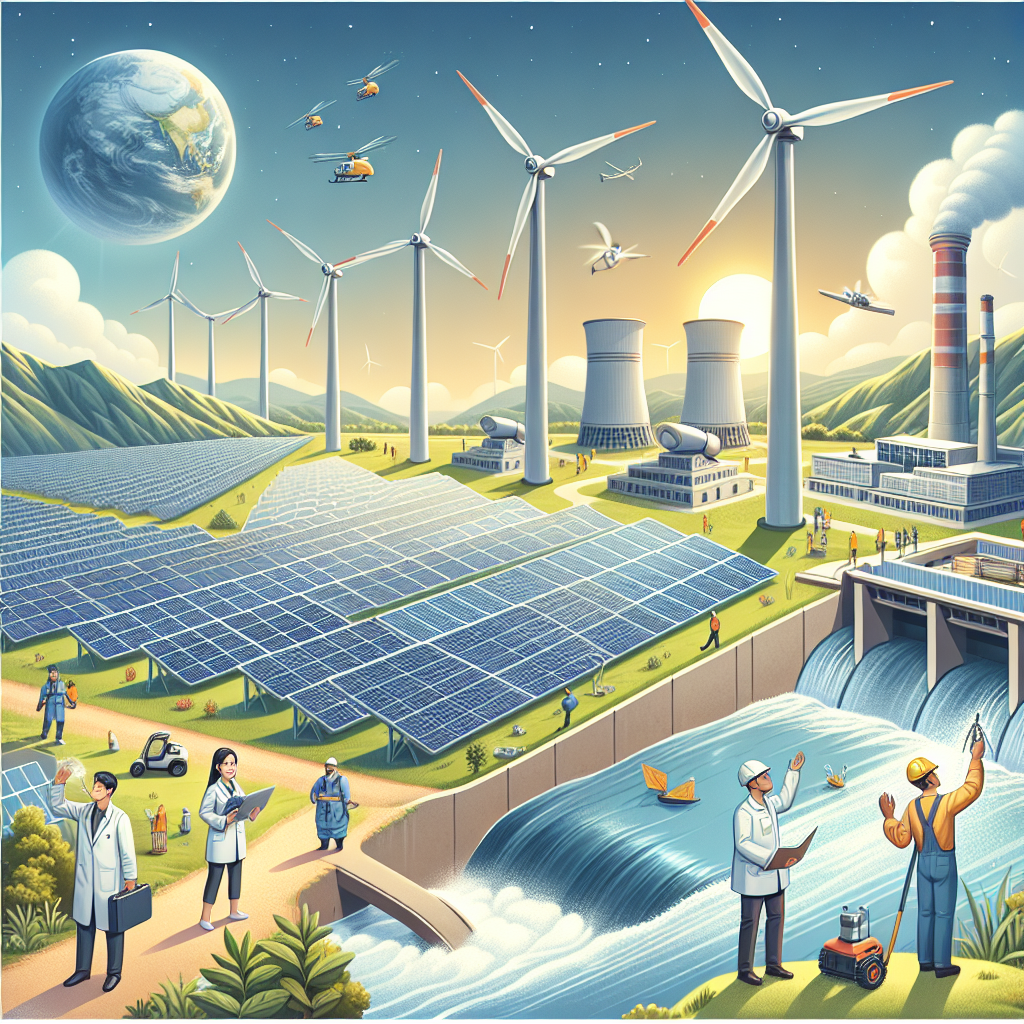World Bank Approves $250 Million Project to Bolster Lebanon's Renewable Energy and Power Grid
Lebanon’s electricity sector has been at the core of its economic and fiscal challenges, with the country experiencing severe operational and financial difficulties in recent years.

The World Bank's Board of Executive Directors has approved a US$250 million project aimed at strengthening Lebanon’s renewable energy capacity by restoring its electricity grid and pushing forward crucial reforms in the sector. This project is part of broader efforts to help Lebanon address long-standing issues in its electricity sector, which have been exacerbated by successive crises, regional instability, and economic challenges.
Lebanon’s electricity sector has been at the core of its economic and fiscal challenges, with the country experiencing severe operational and financial difficulties in recent years. To address these issues, the government has implemented a series of reforms designed to create a more sustainable and financially viable energy sector. These reforms are seen as a critical step toward improving energy services and overall economic stability, which have long been hindered by inefficiencies in power generation and distribution.
Addressing Crisis-Induced Challenges
In addition to addressing energy sector issues, the World Bank is activating emergency response plans to help Lebanon cope with the urgent needs of its population, which has been deeply affected by conflict, economic instability, and regional tensions. One key initiative includes providing emergency support to displaced populations through a digital platform developed during the COVID-19 pandemic. This platform will be used to transfer targeted support to the most vulnerable communities, ensuring aid reaches those who need it most.
The poverty rate in Lebanon has more than tripled over the last decade, with 44% of the population now living below the poverty line, according to recent World Bank estimates. The impact of successive crises since 2019, including the financial meltdown, regional conflicts, and the global pandemic, has worsened living conditions for millions of Lebanese.
Assessment of Conflict-Related Damage
The World Bank has also been conducting assessments of damage and losses in conflict-affected areas in southern Lebanon. As of July 2024, damages to housing, businesses, and infrastructure were estimated to be around $750 million. The World Bank is preparing an updated assessment to reflect additional damages from recent developments, aiming to provide an accurate understanding of the situation and inform future support measures.
Continued Commitment to Lebanon's Recovery
Despite the immense challenges, the World Bank remains committed to supporting Lebanon through its development mandate. By leveraging its global expertise and local knowledge, the institution is focused on guiding Lebanon toward recovery and stability. The new energy project, combined with emergency support measures and ongoing assessments, reflects the World Bank's dedication to addressing both the immediate humanitarian needs and the long-term development goals of the country.
- READ MORE ON:
- Renewable Energy
- World Bank










